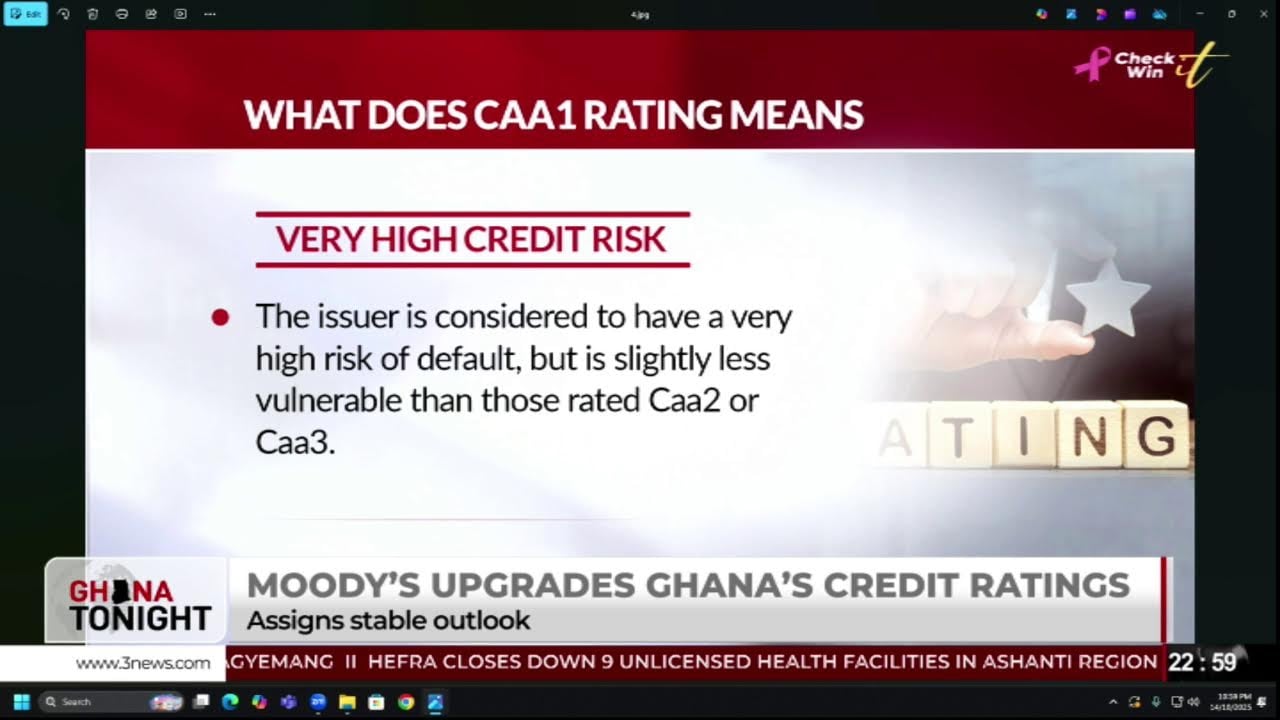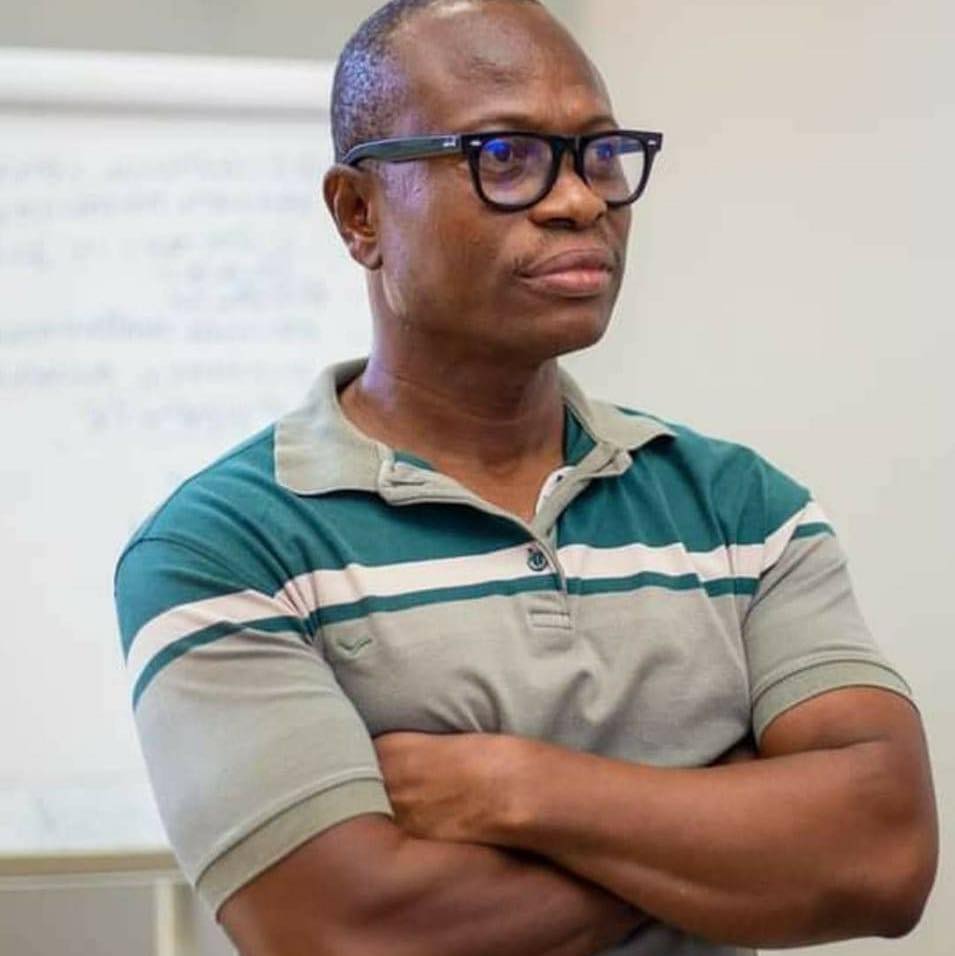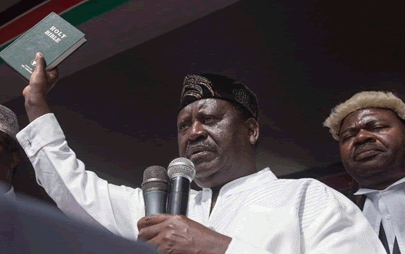
By Joshua Worlasi AMLANU, Washington D.C
Ghana and the World Bank have agreed to deepen their partnership across five key sectors to accelerate the country’s economic transformation and strengthen long-term growth.
Finance Minister Cassiel Ato Forson met with World Bank Group President Ajay Banga on the sidelines of the IMF–World Bank Annual Meetings in Washington to discuss scaling up support for ongoing projects and new initiatives.
The talks focused on education, health, energy, roads, and agriculture, areas both sides described as central to Ghana’s medium- and long-term development goals.
Dr. Forson said the renewed collaboration aims to channel World Bank resources toward sectors with the greatest impact on livelihoods and resilience.
“With this renewed collaboration, we are working together to accelerate Ghana’s journey toward a more resilient, inclusive, and sustainable economy,” he said.
The engagement signals the government efforts to leverage stronger multilateral partnerships to consolidate post-crisis recovery gains and attract new investments.
The World Bank currently finances several flagship projects in Ghana, ranging from education and social protection to infrastructure and agriculture. Strengthening this collaboration is expected to improve project implementation and expand access to concessional financing at a time when Ghana is implementing reforms under an International Monetary Fund–supported programme.
The renewed focus on agriculture aligns with the World Bank’s broader strategy for the sector, including its recently launched AgriConnect initiative, during the annual meetjng. The US$9 billion program seeks to transform agribusiness in developing countries by increasing farmer incomes, creating jobs, and strengthening food value chains.
The World Bank President, Ajay Banga said the Bank plans to double its annual agribusiness commitments to $9 billion by 2030 while mobilizing an additional $5 billion in private investment. He emphasized that Africa’s vast uncultivated land offers enormous potential for growth if investment is directed toward productivity and market access.
“We’ve set a target to double our agribusiness commitments to US$9 billion annually by 2030, aiming to mobilize an additional US$5 billion,” Mr. Banga said.
He added that transforming agriculture into a driver of large-scale employment and income growth is essential for stability.
“Over the next 10 to 15 years, roughly 1.2 billion young people in developing countries will enter the workforce, but only about 400 million jobs are expected to be created under current trends,” Mr. Banga said. “That gap could either drive economic growth or fuel instability.”
By aligning with the World Bank’s five-pillar blueprint, the government hopes to channel more resources into sectors that can deliver broad-based growth, reduce poverty, and build economic resilience.
The post Ghana, World Bank align on five-pillar growth blueprint appeared first on The Business & Financial Times.
Read Full Story





















Facebook
Twitter
Pinterest
Instagram
Google+
YouTube
LinkedIn
RSS